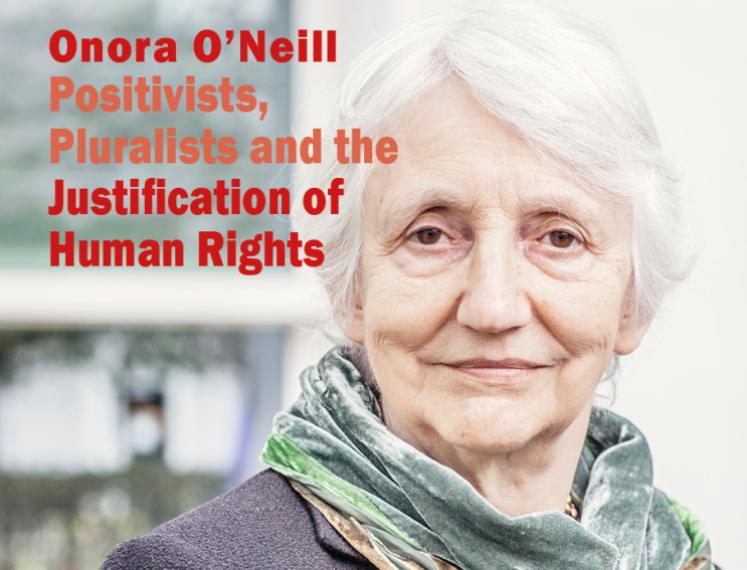
Academy Building
Broerstraat 5
Groningen
Nederland
Positivists, Pluralists and the Justification of Human Rights
Is justification of human rights unnecessary? Is it sufficient that they are legally and ethically widely accepted?
Human rights have never been more widely accepted and endorsed, although respect for and realisation of them remains patchy. Yet paradoxically there is no greater certainty or agreement on their justification than there used to be. To a considerable extent this is because human rights are victims of their own success. The need for justification seems to many people not urgent, or even unnecessary, because human rights are incorporated into international agreements and institutions, so receive positive justification. Others argue that human rights standards are standards on which persons with varying ethical views converge. But can either (legal) positivism or pluralism provide enough to justify human rights? Is justification of human rights unnecessary? Is it sufficient that they are widely accepted?
Baroness Onora O’Neill combines writing on political philosophy and ethics with a range of public activities. She comes from Northern Ireland and has worked mainly in Britain and the USA. She was Principal of Newnham College, Cambridge from 1992-2006, President of the British Academy from 2005-2009, chaired the Nuffield Foundation from 1998-2010, and has been a crossbench member of the House of Lords since 2000 (Baroness O’Neill of Bengarve). O’Neill currently chairs the UK’s Equality and Human Rights Commission and is on the board of the Medical Research Council. She lectures and writes on justice and ethics, accountability and trust, justice and borders, as well as on the future of universities, the quality of legislation and the ethics of communication, including media ethics.
This lecture is organized by the Faculty of Philosophy in cooperation with Studium Generale Groningen. It is part of a series of lectures by prominent thinkers, organized on the occasion of the 50th anniversary of the Faculty of Philosophy of the University of Groningen.
© Photo Onora O'Neill: Martin Dijkstra


